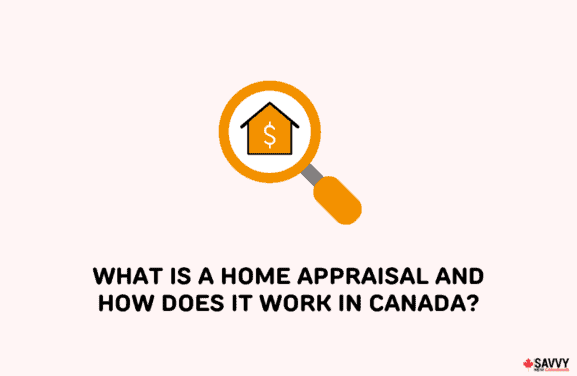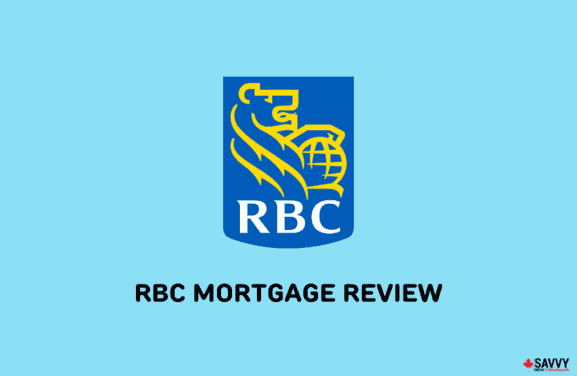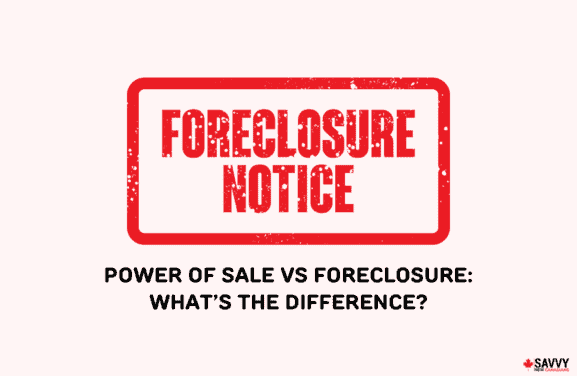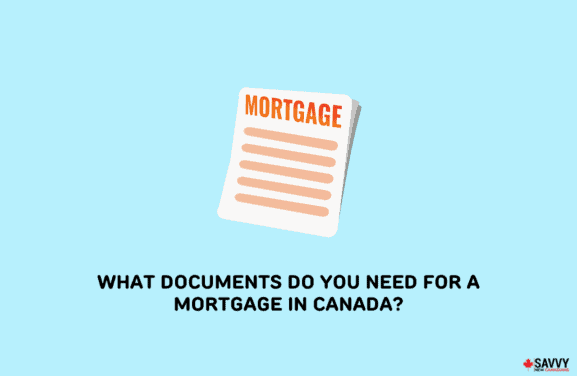It’s not surprising to meet aspiring first-time homebuyers who cannot tell the difference between mortgage life insurance and mortgage default insurance. I was one of these ‘newbies’ myself until recently.
Although the terms sound very much alike, they are very different. While both refer to some type of insurance relating to a home, one is a one-time payment, while the other is an ongoing payment for as long as you are signed up for it.
Mortgage Life Insurance
This is also referred to as mortgage protection insurance or mortgage insurance – a term which only adds to the difficulty in differentiating between this insurance and its counterpart, the mortgage default insurance.
Mortgage life insurance is often sold by lenders who offer this policy to you at the time your mortgage is approved. The idea behind this insurance is that it protects your ability to pay off your mortgage should you die or suffer a debilitating illness that prevents you from working and earning money.
Theoretically, if any of these bad things happen to you, your mortgage gets paid off, and you or your family will not have to worry about it.
Mortgage life insurance is not compulsory, and although your bank will try to convince you to pay for it as an add-on to your mortgage, you have every right to decline it.
A better alternative to mortgage life insurance for most people is a term life insurance policy. This is because of the following disadvantages associated with mortgage life insurance:
- They are way too expensive
- The benefit declines as the outstanding mortgage balance decreases
- The bank (lender) is the one who gets paid in the event of a claim
- The policy is not portable from one house to another
- No discounts are available for being in good health
A term life insurance policy that covers your mortgage amount and term – for example, a policy with $500,000 coverage for a 25-year term, does a better job of protecting you/your house.
This policy provides constant coverage (for $500,000) for the entirety of the term and will usually come with significantly lower premiums and flexibility than a similar mortgage life insurance policy.
Find some of the cheapest term life insurance premiums in Canada through PolicyMe. You can read this complete PolicyMe review.
Mortgage Default Insurance
Also known as CMHC insurance, mortgage loan insurance, or simply as mortgage insurance (confused yet?).
This insurance is required when a home buyer has a down payment that is less than 20% of the purchase price of the house they are buying, i.e. when their loan-to-value (LTV) ratio is greater than 80% or when the mortgage is defined as a high-ratio mortgage (i.e. higher risk mortgage). It is designed to protect the lender.
For example, if you’re buying a house listed at $400,000 and you put down $40,000 as a down payment:
% Down payment ⇒ down payment/purchase price = $40,000/$400,000 ⇒ 10%
i.e. 10% of the cost of the house was paid upfront by you.
Or alternatively,
Loan-to-Value (LTV) ⇒ Mortgage Loan/Purchase Price = ($400,000 – $40,000)/$400,000 = $360,000/$400,000 * 100 = 90%
i.e. 90% of the purchase price of the house was taken as a mortgage loan. The higher the LTV, the riskier the loan.
In this example above, you’ll be required to purchase mortgage default insurance because your down payment is less than 20% and LTV is higher than 80%.
Mortgage default insurance premiums increased in March 2017 and now cost between 2.8% to 4% of the mortgage loan. You can pay the premium upfront or consolidate it with your mortgage loan.
Closing Thoughts
I hope you can now differentiate between mortgage life insurance and mortgage default insurance. If you want more insight into how to go about buying your first home in Canada with confidence, here is my free Home Purchase Guide.
Related Posts:




Hi Steve. True! Knowing how you can save on your mortgage from day 1 can literally shave off thousands of dollars in costs over the life of a mortgage. Thanks for stopping by.
Hey Enoch! I did not know about mortgage life insurance. When I was house-hunting here in the US, I was advised to buy (and did buy) long-term disability insurance that mostly replaces my income if I become disabled and can’t work.
That way, I could still pay the mortgage. It doesn’t address what would happen if I die, though. In that case, I’d need life insurance.
@Miguel. Interesting – mortgage and insurance businesses have all kinds of products designed around home ownership…its almost impossible to keep up with them all, especially across borders.